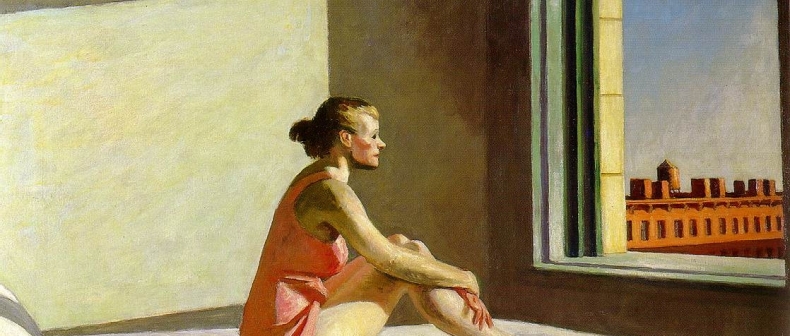
Text/Book, the Toronto Standard‘s books column, is written by Emily M. Keeler and Chris Randle, plus occasional guests.
My favourite poem by Mark Strand is “The Rose,” about children longing for a faded blossom’s return to brilliance. As any botanist will tell you, a flower cannot unbloom, and once the petals start to brown there will be no turning back. Someone promises them another rose, and leads them to a reflective pond, hoping that they will see in their own young faces something beautiful about to arrive. “Oh no,” they say. “We are what we are–nothing else.” Strand follows this and ends the poem with three sentences that skip like stones on smooth water, the first one with two light skimming syllables and a final hard kerplunk: “How perfect.” The second one, mirroring the journey of the first but with a gentler submerged ending: “How ancient.” And the last one hits down four times, yet ultimately sinks with such an unanticipated gentleness that soft ripples traverse the pond until finally stopping just short of forever: “How past repair.”
The children in Strand’s poem don’t yet see that through the miracle of having been granted time on earth, they were bestowed with a great gift: the vision to take in beauty from the world, and the presence of mind to revel in its limited sweetness. They are what they are, but as the poem demonstrates, they are also, however unknowingly, a little more than that: they are “petals rising to the surface,” faces turned to kiss the sun, waiting in a perfect and ancient ignorance to be swayed by the “breeze of paradise just once”, just like the rose they love. In the poem the rose dies.
There is a loneliness in the last line of “The Rose.” It is a sweet kind of loneliness, though, a burden that brings pleasure to its bearer. In this way it resembles an Edward Hopper painting. Last year Strand published a book about him, Hopper, and the brief meditations read like a series of invocations; the poet’s study of the painter feels like a summons, like a prayer written to the light.
Strand begins his commentary in the book by allowing that he is writing to clarify his own perception of the paintings, and to correct what he perceives as a shortcoming on the part of previous critics; he wanted to engage the broadness and enduring appeal of Hopper’s work, which he describes as an aesthetic quality largely unrelated to the social and political character of the paintings that other critics have addressed. Strand tells us that, through his considered pictorial strategies, Hopper’s best work builds for the viewer a “virtual space where the influence and availability of feeling dominate.”
In this space there is a tension for anyone who looks at Hopper’s paintings, who reads Strand’s poems; there are the competing desires to admire form–be it the play of highly saturated sun-soaked tones and sharp angles or the measured resonance of short words drawn into syllabic collaboration–and to build on top of form, to extend past the instance of the verse or of the canvas into the realm of story, to construct a narrative. So we find ourselves pulled between two fields of pleasure. How perfect. How ancient. How past repair.
_____
Emily Keeler lives in Toronto, Tumblrs for The Millions, and edits book stuff at The New Inquiry. Follow her on Twitter at @emilymkeeler if you please.
For more, follow us on Twitter at @torontostandard, and subscribe to our newsletter.











